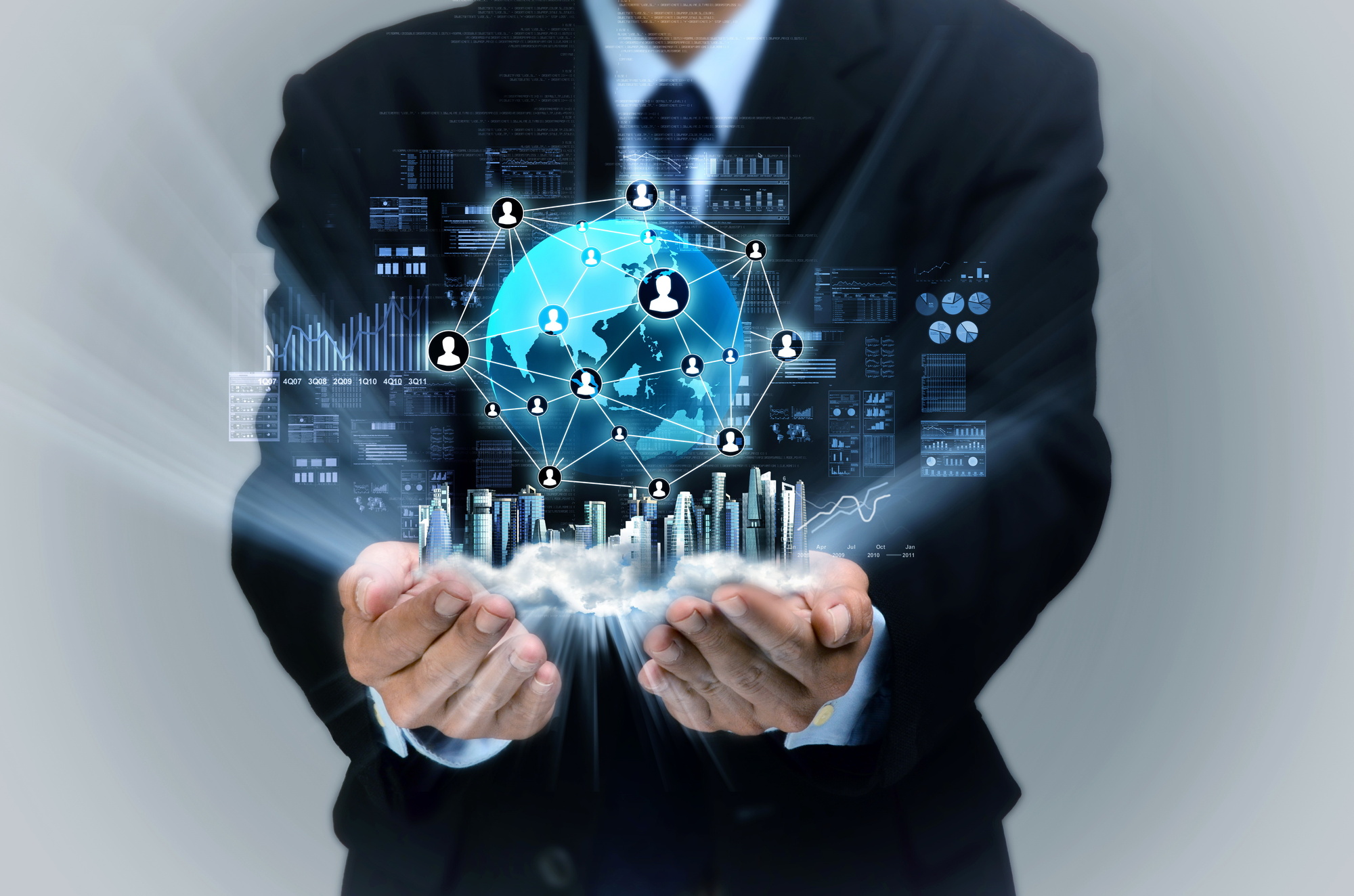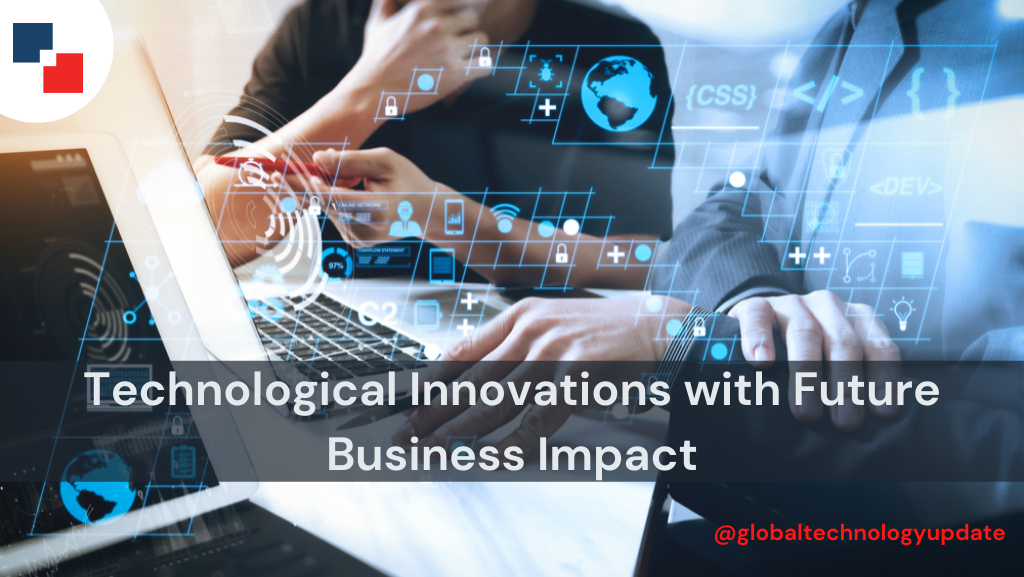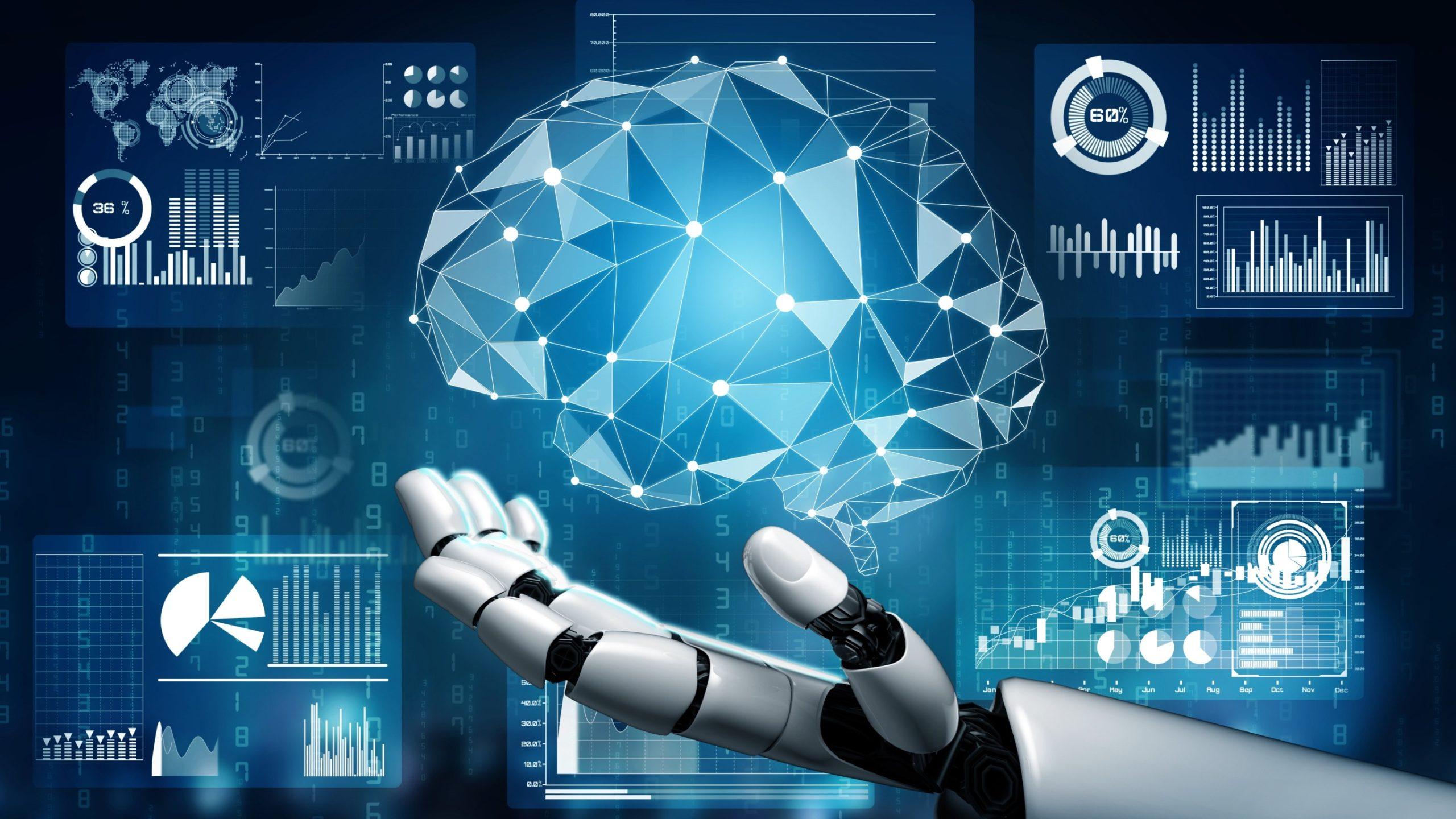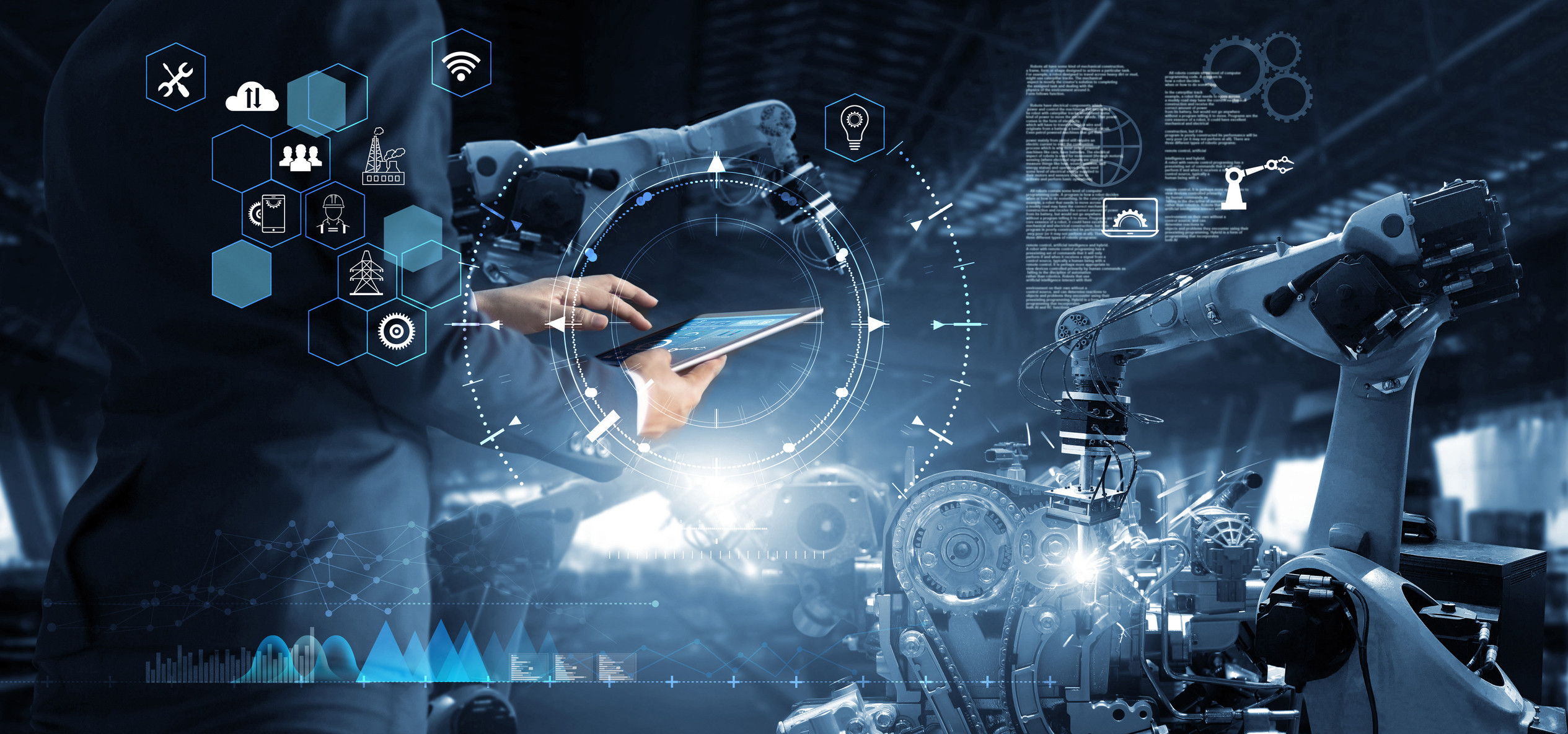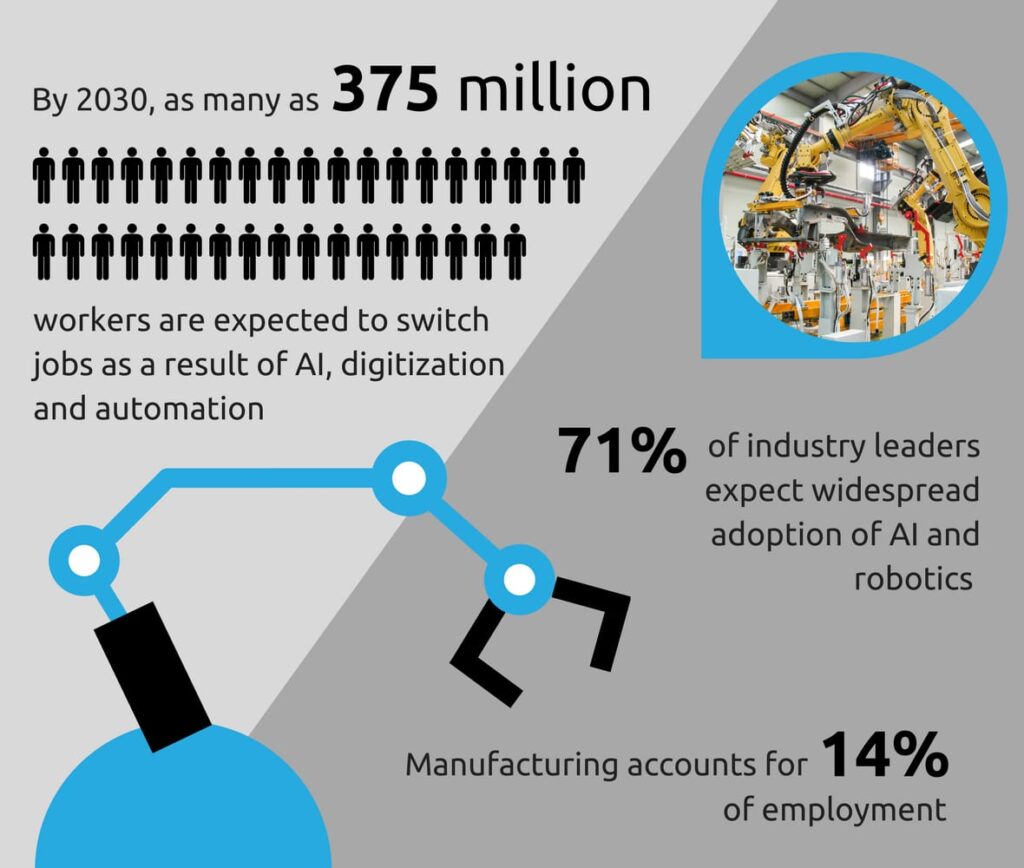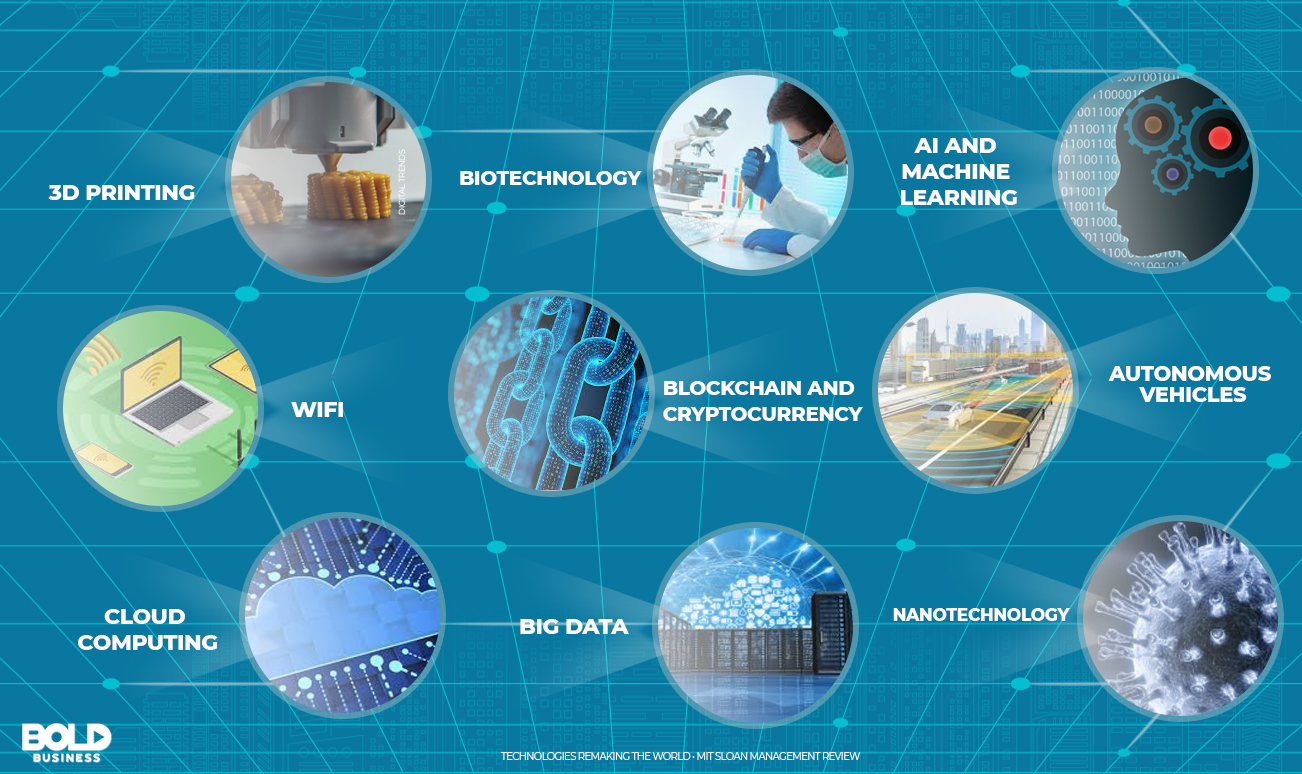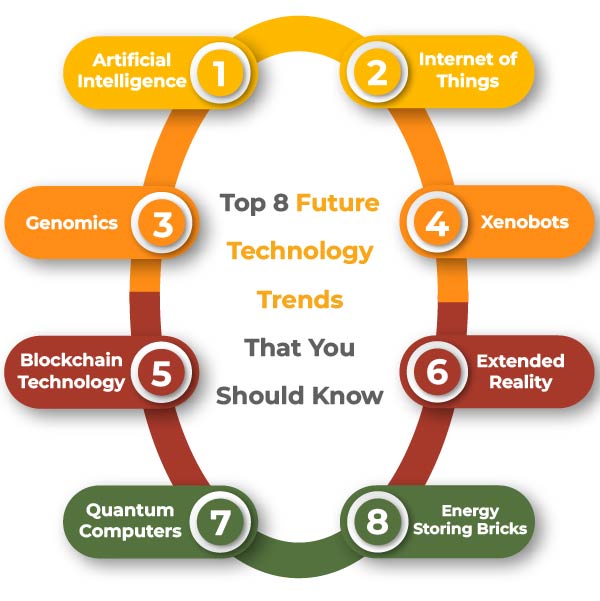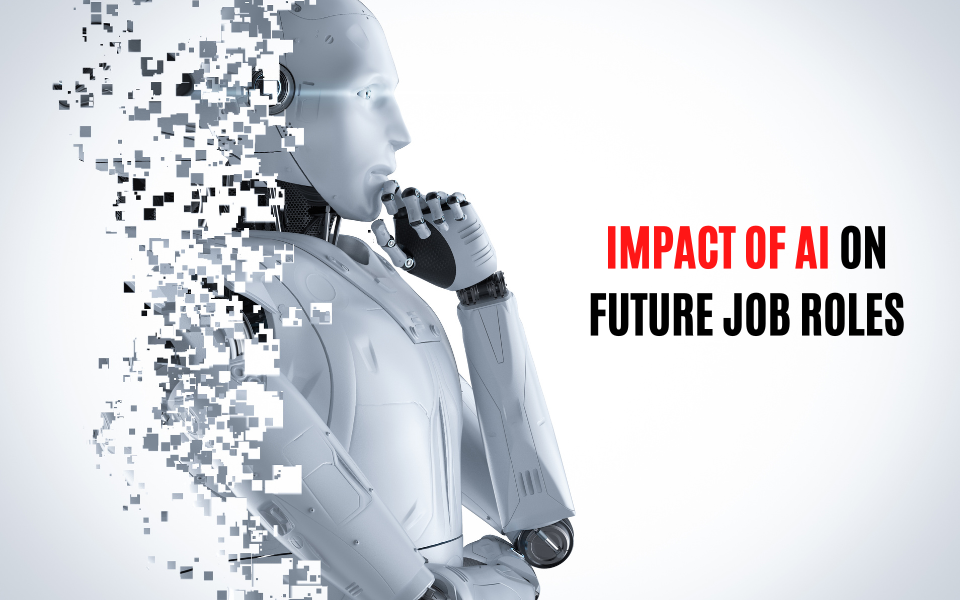How Will Technology Impact Business In The Future
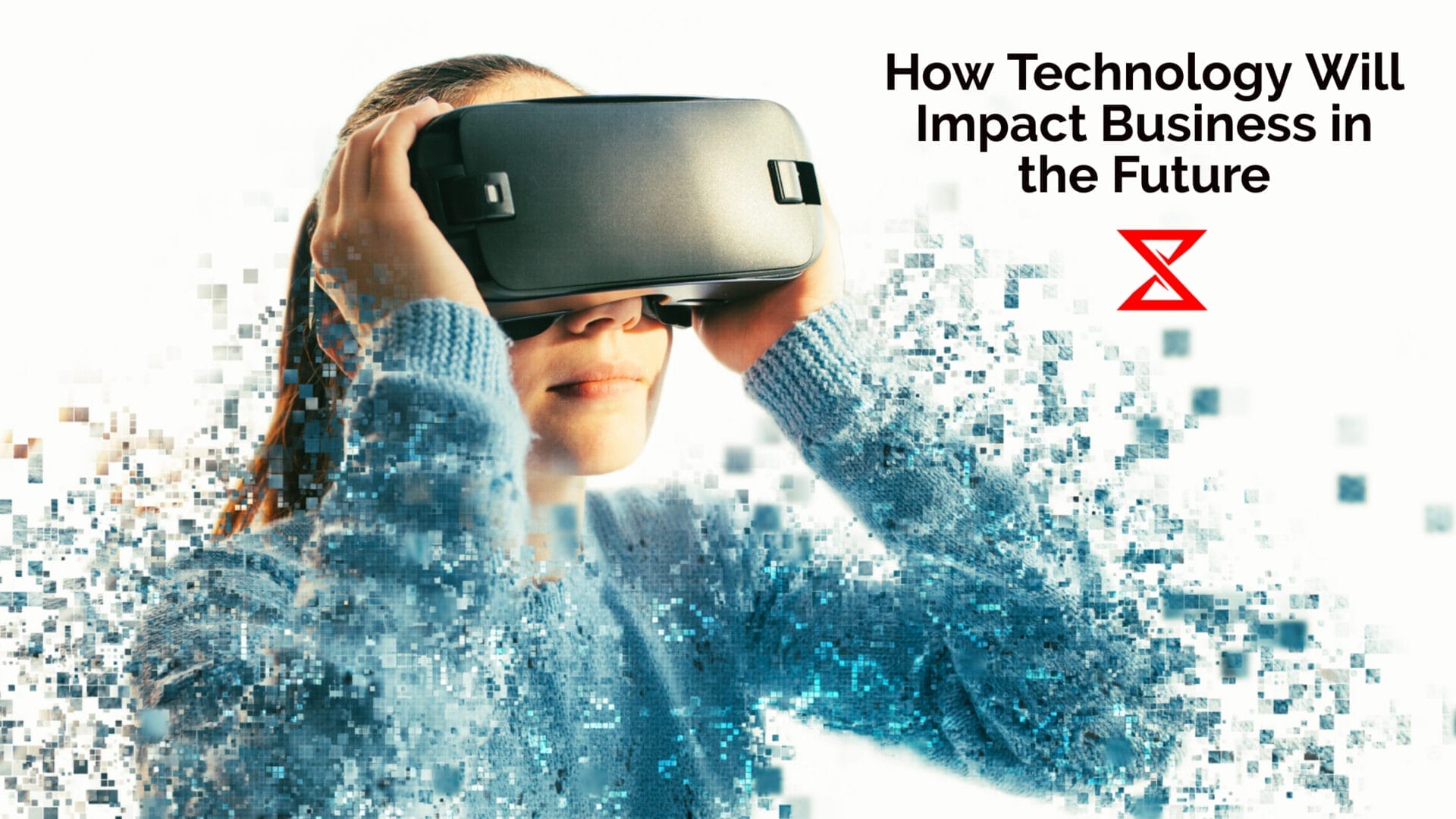
The relentless march of technology is reshaping the business landscape at an unprecedented pace. From artificial intelligence to blockchain, these innovations are not merely incremental improvements but rather fundamental shifts that will redefine how businesses operate, compete, and interact with their customers. The future of business is inextricably linked to technology, posing both immense opportunities and significant challenges for organizations across all sectors.
At its core, the impact of technology on business revolves around increased efficiency, enhanced customer experiences, and the creation of entirely new business models. Organizations that fail to adapt risk being left behind, while those that embrace these changes can unlock unprecedented levels of growth and innovation. This article explores the key technological trends that will shape the future of business, examining their potential impact and the strategies organizations can adopt to thrive in this dynamic environment.
Artificial Intelligence and Automation
Artificial intelligence (AI) and automation are poised to revolutionize business processes across all departments. From automating repetitive tasks to providing data-driven insights, AI is already transforming how businesses operate. McKinsey Global Institute estimates that automation technologies could impact 70% of companies by 2030.
AI-powered tools can analyze vast amounts of data to identify patterns, predict trends, and personalize customer experiences. This enables businesses to make better decisions, optimize their operations, and deliver more targeted marketing campaigns. Furthermore, AI-driven chatbots and virtual assistants are improving customer service and streamlining communication.
The Rise of Hyperautomation
Hyperautomation, the application of advanced technologies, including AI, machine learning, and robotic process automation (RPA), to automate processes across the enterprise, represents the next evolution. Gartner predicts that by 2024, organizations will lower operational costs by 30% by combining hyperautomation technologies with redesigned operational processes. This trend highlights the increasing importance of integrating multiple technologies to achieve end-to-end automation.
Blockchain Technology and Decentralization
Blockchain technology, renowned for its secure and transparent record-keeping capabilities, is gaining traction in various industries. While initially associated with cryptocurrencies, blockchain's potential extends far beyond finance. It can be used to improve supply chain management, verify identities, and secure digital assets.
By creating a distributed and immutable ledger, blockchain enhances trust and transparency in business transactions. This is particularly valuable in industries where traceability and accountability are crucial, such as food and pharmaceuticals.
"Blockchain has the potential to revolutionize how businesses operate by enabling secure and transparent data sharing," says Don Tapscott, author of Blockchain Revolution.
Decentralized Finance (DeFi)
Decentralized Finance (DeFi) is emerging as a disruptive force in the financial industry. DeFi platforms leverage blockchain technology to provide financial services without intermediaries, such as banks. This offers greater accessibility, lower fees, and increased transparency for users.
The Internet of Things (IoT) and Big Data
The Internet of Things (IoT) is connecting devices and systems, generating massive amounts of data. This data, often referred to as big data, provides businesses with valuable insights into their operations, customer behavior, and market trends.
By analyzing IoT data, businesses can optimize their processes, improve product development, and personalize customer experiences. For example, manufacturers can use sensor data to predict equipment failures and optimize maintenance schedules. Retailers can use location data to track customer movements and optimize store layouts.
Edge Computing
Edge computing, which processes data closer to the source, is becoming increasingly important for IoT applications. This reduces latency and improves response times, enabling real-time decision-making. Edge computing is particularly crucial for applications that require immediate action, such as autonomous vehicles and industrial automation.
The Evolving Customer Experience
Technology is fundamentally changing how businesses interact with their customers. Consumers now expect personalized, seamless, and engaging experiences across all channels. Businesses that fail to meet these expectations risk losing customers to competitors.
AI-powered personalization engines can analyze customer data to deliver tailored recommendations and offers. Chatbots and virtual assistants provide instant support and answer customer inquiries. Augmented reality (AR) and virtual reality (VR) technologies are creating immersive shopping experiences. The key is to leverage technology to create a customer-centric approach.
The Metaverse and Virtual Commerce
The metaverse, a virtual world where users can interact, socialize, and transact, is emerging as a new frontier for business. Companies are experimenting with virtual stores, events, and experiences in the metaverse to reach new audiences and engage with customers in innovative ways. As the metaverse evolves, it is likely to become an increasingly important channel for commerce and brand building.
Challenges and Opportunities
While technology offers immense opportunities for businesses, it also presents significant challenges. Organizations must address issues such as data privacy, cybersecurity, and the skills gap. Furthermore, they need to be prepared for the ethical implications of AI and automation.
Investing in cybersecurity measures and data protection policies is crucial to protect sensitive information and maintain customer trust. Training and upskilling employees is essential to bridge the skills gap and ensure that organizations have the talent they need to leverage new technologies. By addressing these challenges proactively, businesses can maximize the benefits of technology while mitigating the risks.
The future of business will be defined by its ability to adapt to rapidly evolving technological landscape. Organizations must embrace a culture of innovation, invest in new technologies, and prioritize customer experiences. Those that do will be well-positioned to thrive in the years to come. The businesses that strategically implement and manage these technological shifts will not only survive but will redefine the competitive landscape, setting new standards for efficiency, customer engagement, and innovation.
